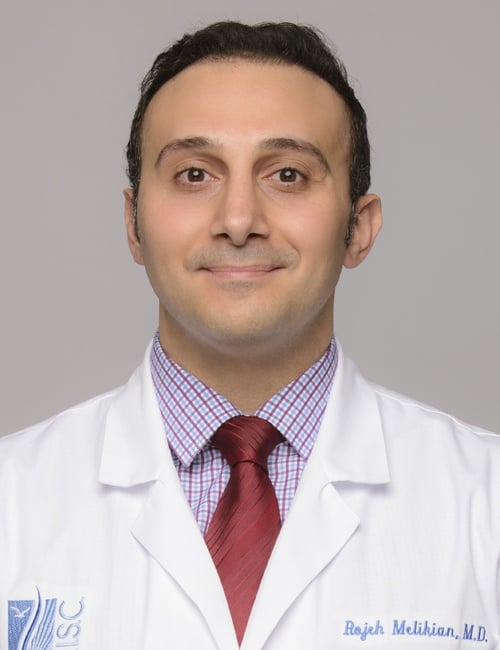If you suffer from neck or back pain, you may be wondering if it is time to consider a surgical alternative to relieve your symptoms. But spinal surgery is a serious endeavor, one that should not be undertaken lightly. Like any surgery, there are risks involved. Thoughtful consultation with a specialist is the best way to answer the question: Is spinal surgery really necessary?
Are There Non-Surgical Alternatives?
The answer is yes. There are several alternative therapies that should be tried before deciding to undergo an operation. Non-surgical alternatives include:
- Resting the area, which can allow the body to heal naturally.
- Pain management with steroid injections, non-steroidal anti-inflammatories, or narcotics. Combined with rest, your symptoms may subside.
- Physical therapy, where a specialist can teach you the proper ways to lift and bend, improve strength and flexibility, and correct poor posture and habits.
- Massage, which can increase blood flow, soothe sore muscles, and improve attitude and outlook.
- Manual manipulation by a chiropractic specialist, who may be able to reduce pressure on nerves, realign vertebrae, and ease strained muscles.
- Acupuncture, which can target problem areas and reduce pain.
Non-surgical therapies should be tried, in combination or by themselves. Your physician should direct your course of treatment. If the non-surgical therapies have not alleviated your symptoms after six months, and they are interfering with daily life, then it is probably time to consider surgery.
Conditions That May Require Surgery
In many cases, non-surgical therapies cannot fix the underlying cause of your symptoms. There are many reasons to seek a surgical alternative to your spinal disorder. For example:
- Disc removal/replacement - when the disc is damaged or degenerated beyond the point where it can effectively absorb compressive forces of the spine, it can be removed and replaced with a synthetic disc.
- Pressure on the spinal cord - can usually only be alleviated through surgical decompression.
- Vertebral stabilization - requiring fusion of the adjoining vertebrae to provide stability.
- Nerve root impingement - where there is pressure on the spinal nerves.
- Disc herniation - where the vertebral disc has leaked its fluid into surrounding spaces or is bulging, affecting area nerves and causing radiating pain and disability.
- Fracture stabilization - where the vertebrae have been broken due to traumatic injury or osteoporosis.
- Kyphoplasty - to correct compression fracture of the spine, which can be caused by osteoporosis.
- Laminectomy - to correct stenosis of the nerve passages and alleviate pressure on the nerves.
If your situation requires surgery, be sure your surgeon can offer a minimally invasive approach to your procedure.
Why Minimally Invasive Spinal Surgery?
Minimally Invasive Spinal Surgery (MISS) offers many advantages over conventional techniques. Using high-powered microscopes, surgeons are able to operate within very small incisions without exposing large areas of the spine. Smaller incisions mean less bleeding, less trauma, and a faster recovery. Most procedures can be done on an outpatient basis, so there are no long hospital stays and the patient is typically up and walking the day of surgery.
Be sure your surgeon has the necessary experience and training in MISS. This means finding someone with board certification and an established reputation. Also look for a surgeon working within an integrated facility that can offer advanced imaging, pain management, physical therapy, and a range of specialists who can see you through the entire surgical process, from diagnosis to recovery.
There are times when spinal surgery is necessary. Should surgery be your best treatment plan, be sure you have explored all the options in consultation with a qualified surgeon who can offer you a minimally invasive approach.

About the author
Rojeh Melikian, M.D. Dr. Rojeh Melikian is a Harvard and Emory University-trained orthopaedic spine surgeon. He was subsequently accepted into the prestigious Harvard Combined Orthopaedic Surgery Residency Program, where he excelled and was appointed as Chief Resident at the Massachusetts General Hospital. He received extensive training in complex spinal surgery, scoliosis, as well as primary and metastatic spine tumors. Upon graduation, Dr. Melikian was awarded the prestigious Harvard Orthopaedic Surgery Thesis Day Award for best clinical presentation for his work on spinal infections. Dr. Melikian has authored numerous presentations, posters and journal articles on spine surgery. Read more articles by Rojeh Melikian, M.D..





